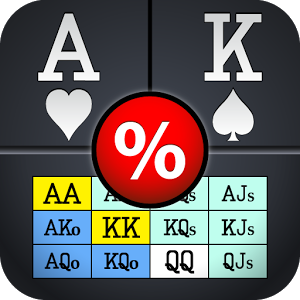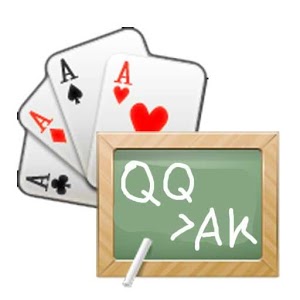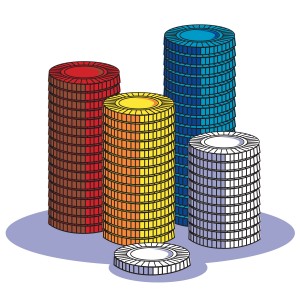
Limit Texas Holdem Strategy
Limit Texas Holdem has long been a specialty of Matthew and many of the members and authors here at ITH. This section will be the most comprehensive on the web and includes articles for simple, full ring, short handed and of course very complex and advanced strategies.


Tough Limit Holdem Strategy
the evolving landscape of poker, emphasizing that while the game has become more challenging over the years, there are still opportunities to exploit various player types, from the traditional loose-passive fish to the more refined tight-aggressive players
Limit Holdem Bluffing : A Version of the Delayed Bluff
the strategy of using a delayed bluff in poker, particularly in limit hold'em, where a player checks a strong-looking flop with the intention of bluffing on a later street, leveraging the opponent's perception and confusion to win pots
Don’t make the Biggest Mistake in Short-Handed Limit Holdem
the critical error many players make in shorthanded limit games: merely calling a raise against a single opponent
Raising Draws for Value in Limit Holdem
the strategic nuances of when to raise or call with drawing hands in limit hold'em, emphasizing that players often undervalue their big draws on the flop and that understanding the best hand isn't always about having a made hand, but rather the hand with the highest probability of winning by the river
Limit Hold’em Tips : The Secrets of Success
evolution of online poker and the author's personal journey, emphasizing the significance of observational and categorization skills in the game, the pitfalls of multitabling without these skills, and the importance of understanding table dynamics
When to Raise Draws for Value
strategic considerations of when to raise or call with drawing hands in poker, emphasizing the importance of understanding the value of one's draw in relation to the number of opponents and pot dynamics, while also touching on concepts like semibluffing and seeking free cards
Short Stack Strategy in Limit Holdem
the importance of understanding how to play against short-stacked players in limit hold'em, emphasizing that while many players overlook this aspect, it's crucial to adjust one's strategy when facing opponents with smaller stacks
Leaks in Limit Holdem : Plugging the Right Leaks
guides players on identifying and rectifying weaknesses in their limit hold'em game by categorizing leaks based on their frequency and magnitude
High Value Limit Holdem Bluffs
the art of bluffing in limit hold'em, discussing its significance in modern, tighter games and presenting five specific situations where bluffing can yield significant equity
Skills Learned Playing Short-Handed Limit Holdem
the unique skills and strategies required for short-handed limit hold'em, highlighting the importance of player categorization, adaptability, and aggression, while also discussing the benefits of playing in such settings, including the ability to better read opponents and capitalize on their mistakes
Playing Trash Hands in Limit Hold’em
strategies for playing weak hands in limit hold'em, emphasizing that while playing strong hands is straightforward, there are situations where players might have no significant hand post-flop but can still leverage opportunities to bluff or steal pots, especially when considering pot odds, opponent tendencies, and the number of players in the hand
Limit Hold’em Quiz
Playing the Nuts Most players love to discuss hands when the value of a hand is not very clear.

